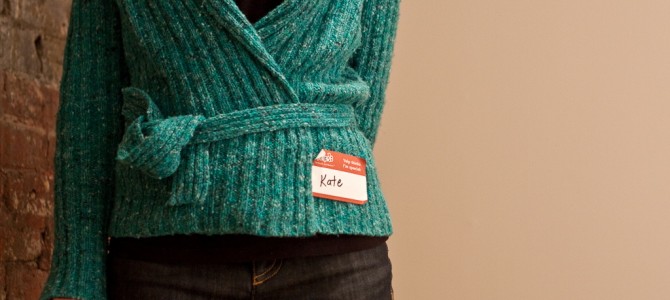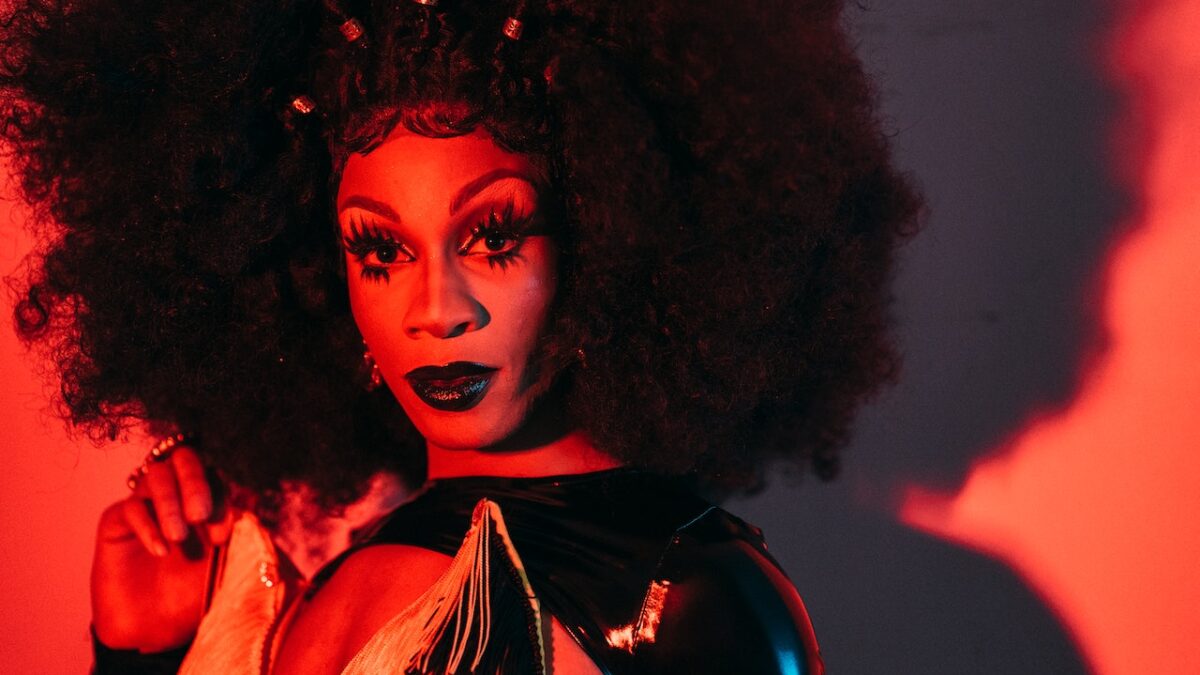The best thing I can say about this Amanda Marcotte article at Slate —Women Who Take Their Husband’s Name Perceived as Less Competent but More Caring — is that it got me thinking about women changing surnames upon marriage. Let’s get the really embarrassing worst thing we can say about it out of the way: The entire premise of the article was a study that had to be retracted when it turned out it was authored by a professor who was exposed as a con man. You can read all about him in this brutal and lengthy New York Times story that featured this line:
Diederik Stapel, a Dutch social psychologist, perpetrated an audacious academic fraud by making up studies that told the world what it wanted to hear about human nature.
I suppose we all are susceptible to falling for claims that make us feel better about ourselves. Some of us more than others, perhaps.
So Marcotte began her story on the bogus study by saying the debate over whether women should take their husband’s names is one of the more “tedious, go-nowhere fights in the world of feminism.” I think we can all agree that if this is true, it’s really saying something.
“You’ll pretty much never hear a woman say she changed her name for the traditional reason: To show to the world that her husband is the head honcho of the household,” Marcotte wrote. I know that when you’re fighting the patriarchy, everything looks like a penis but I’m not sure that’s the best or most comprehensive explanation for why marriages in the United States usually result in the wife taking the husband’s name. It also indicates that Marcotte needs to meet more women who are in traditional marriages.
She casts doubts on other reasons why most women change their names, saying “anecdotally, ‘I didn’t like my last name’ comes up a lot.” I also doubt that many women don’t like their previous names, though I don’t doubt that someone being attacked for changing her name might offer that up to an angry interlocutor ranting about heteronormativity or what not. Also, though, it reminds me of one of my closest friends who was given a lovely, legit, centuries-old, Scottish, hyphenated name at birth. I don’t know if it was the hassle or what, but she really hated having that name. The marriage is going on 15 years, there are multiple children, and I was their maid of honor and yet sometimes I still wonder if she married just to get rid of her hated hyphenated last name.
A brief discursion here. I married in my early 30s, well after I’d begun my writing career. My name was my brand. Is my brand. Thinking about how to handle the name change occupied a little bit of time. I could have gone either way, keeping my name or taking on the new family name. I’m pretty sure no one would have begrudged me one way or the other (apart from those cheerful feminists). I got great advice from the married women with children in my newsroom. To a woman, they all recommended I change my name. Sometimes exuberantly so. The reasons were varied but mostly had to do with the hassle caused by not sharing names with each member of your family.
And yes, I know, some feminists think that in a world of sex-selection abortions and honor killings that real justice won’t be achieved until dudes all change their names as much as the ladies do. I know some folks who’ve argued that we should combine names if we enter into (patriarchal and oppressive) institutions such as marriage. Which reminds me of a somewhat prominent chef my husband knows who married another talented chef. They made up a new name that combined elements of each of their names. They had a kid who got the new combo name. Then one or the other found an exciting new sous chef, if you get my drift, and the marriage was over. Front page news in their hometown, if I recall correctly. The adults quickly reverted to their old names. ‘Twas a mess.
All that to say that (and pardon my micro-aggressive language here) my maiden name is Ziegler and my married name is Hemingway. Now, I absolutely love the name Ziegler. It begins with a Z, for crying out loud! Everyone who is blessed with a ‘Z’ name knows that this is the best. In addition to Z being our coolest letter, if you line up alphabetically, you’re always at the end. At big events where they have you register according to last name, you don’t have to wander, you just go straight to the end of the registration table. I am a simple woman. These are my simple pleasures. Oh, Ziegler is also a really cool way to let people know that you come from German heritage and my mom was German enough to impress upon me that this is somehow important. My husband, for some reason, thinks that Hemingway is a pretty darn fortunate name to have as a writer. He’s still confused at our early discussions of name-changing. I think I said something like, “How will people know I’m German?” And he said, “They could be with you in a coal mine at midnight and figure out you’re German.”
Anywho, let me blow Ms. Marcotte’s mind and just put it out there. I am a traditional — dare I mention that I’m even aiming to be submissive? — wife and I changed my name. (If this upsets you, please don’t hurt me. I don’t want the whatever-wave-of-feminism-we’re-on Mean Girls treatment for this move.) I did this unofficially from the day I got married and even got around to doing it legally and stuff just before the birth of our second child. I somehow survived this iniquity.
OK, back to the name changing dilemma. I am sure there are really interesting things to say about name changes. Most of my friends happily change their names and somehow overcome the patriarchal oppression behind it. Other friends have gone with hyphenation (don’t do it!), a double last name or retention of a maiden name. All for a variety of reasons. I myself rather like the Spanish naming conventions and wish I had a lengthy name like this one. But here’s what I don’t get about “don’t change your name” feminism.
1) How is using the name your father and his patriarchal privilege forced on you somehow less oppressive than taking the name of the man you chose to be your husband and the father of your children?
2) If a feminist solution is to give one’s children hyphenated names, how does this work out in subsequent generations? Let’s say you’re Apple Blickensderfer and you’ve married Moonshine Pollowitz. Your children include one Wilhelmina Blickensderfer-Pollowitz. She meets the love of her life who also has a hyphenated name, Jayden Raaf-Immergut. Their children are then …. what … Olivia and Victor Blickensderfer-Pollowitz–Raaf-Immergut? I know someone who said his cousin’s grandkid does indeed have a surname with three hyphens because of exactly this phenomenon.
One wonders if lack of concern for both the past and the future is a feature of feminist thinking.









